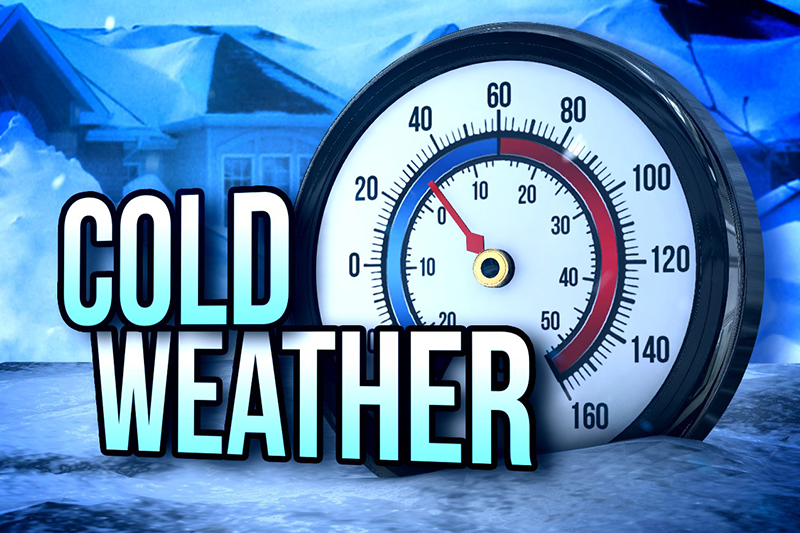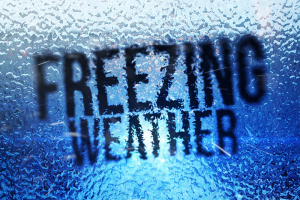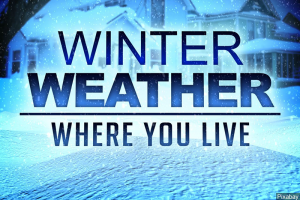Allegheny County prepares for extreme winter weather
January 28, 2019
PITTSBURGH – The National Weather Service in Pittsburgh has predicted snow, extremely cold temperatures and severe wind chill throughout the week. Tips and information have been released on how to prepare for the frigid temperatures.
Winter driving can be very dangerous, as 70 percent of snow and ice-related injuries occur in an automobile. The NWS warns travelers to be aware of slick roads, impaired visibility and black ice. Also, prepare your car by checking brakes, antifreeze, heater and defroster. Officials advise drivers to consider adding an ice scraper, portable phone charger and jumper cables.
Be sure to have an emergency kit with enough food, water and medicine to last for at least 72 hours, as there is a possibility of power outages.
Keep fire extinguishers on hand and ready to use. There is an additional risk of house fires when other heating sources like space heaters are used.
According to Allegheny County officials, never use a generator, grill, camp stove, other natural gas or propane inside a house, basement or crawl space. Place units away from doors or windows that could allow carbon monoxide from coming indoors. This can cause a fire hazard or carbon monoxide poisoning.
Make sure there is a working carbon monoxide detector in the household. If the alarm sounds, quickly move to a location with fresh outdoor air. Call for help when safely outside. The most common symptoms of carbon monoxide poisoning are a headache, dizziness, weakness, nausea, vomiting, chest pain and confusion.
Allow faucets to drip a little to avoid pipes freezing as officials say running water will prevent freezing. As an extra precaution, know how to turn off water valves in the event that a pipe breaks.
Officials ask residents to bring all pets and livestock inside or to a warm location.
Stay indoors as much as possible, however, if you must go out, wear several layers of loose-fitting clothing. Be sure to wear a hat and mittens, which are warmer than gloves. If you are outside, watch for signs of hypothermia and frostbite.
Listen to an NOAA Weather Radio or other local news channels for critical information from the National Weather Services and other resources. For more information in an emergency, call 911 immediately.
While extremely cold weather cannot be controlled, actions can be taken to prepare and protect one another. For more information, click here.

















